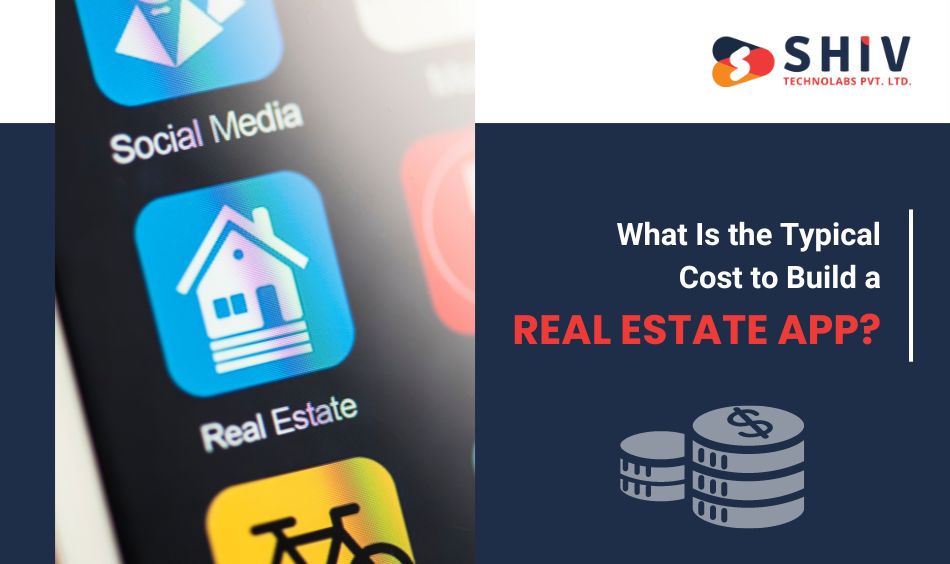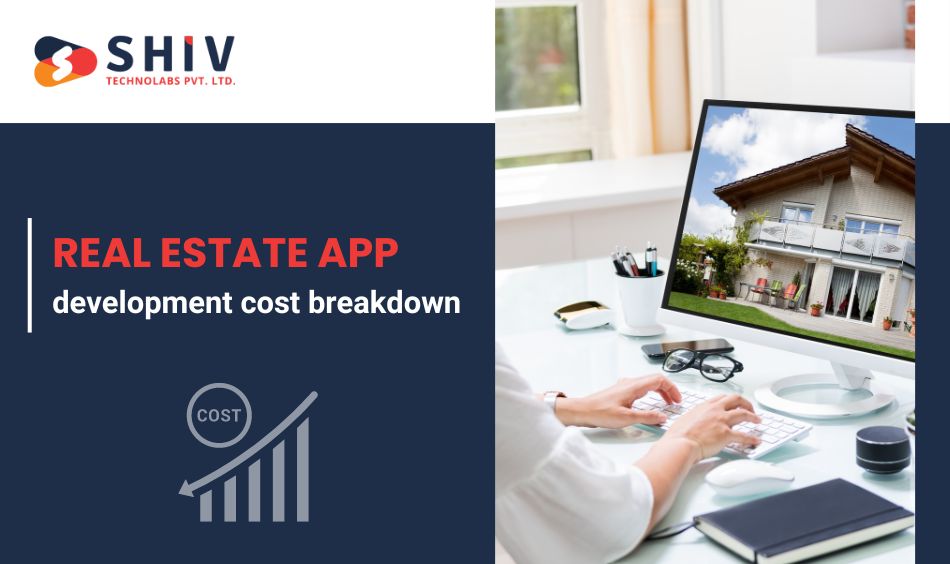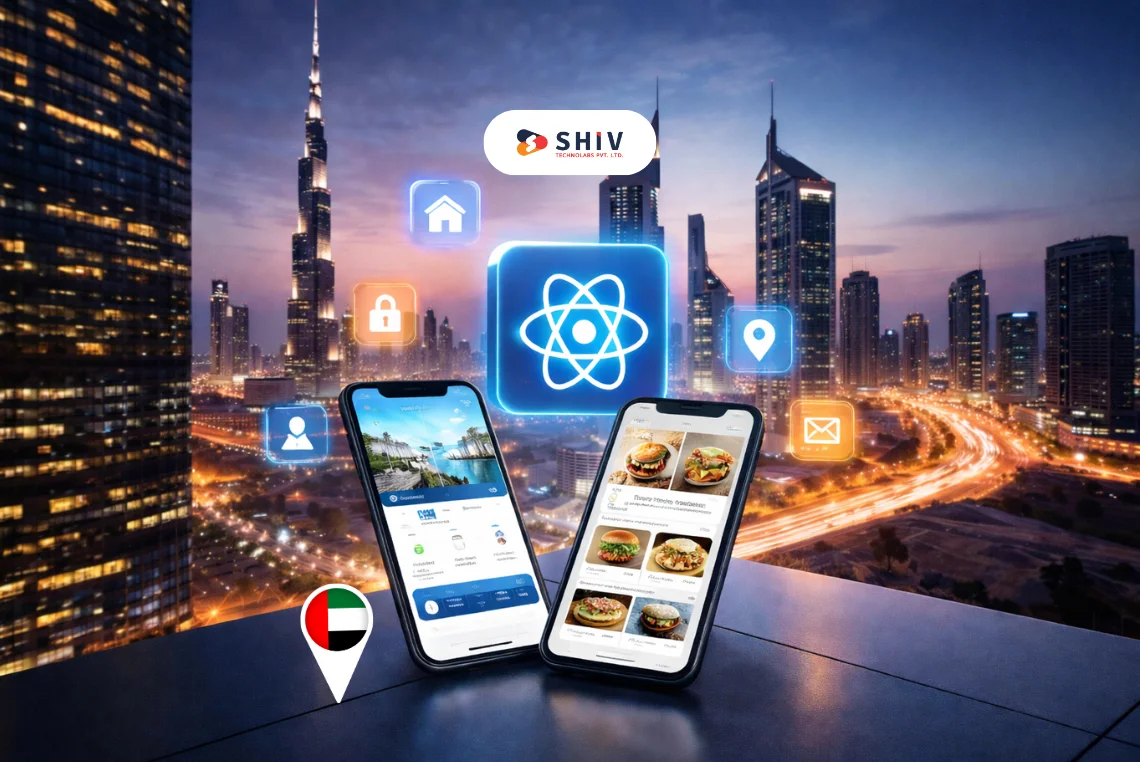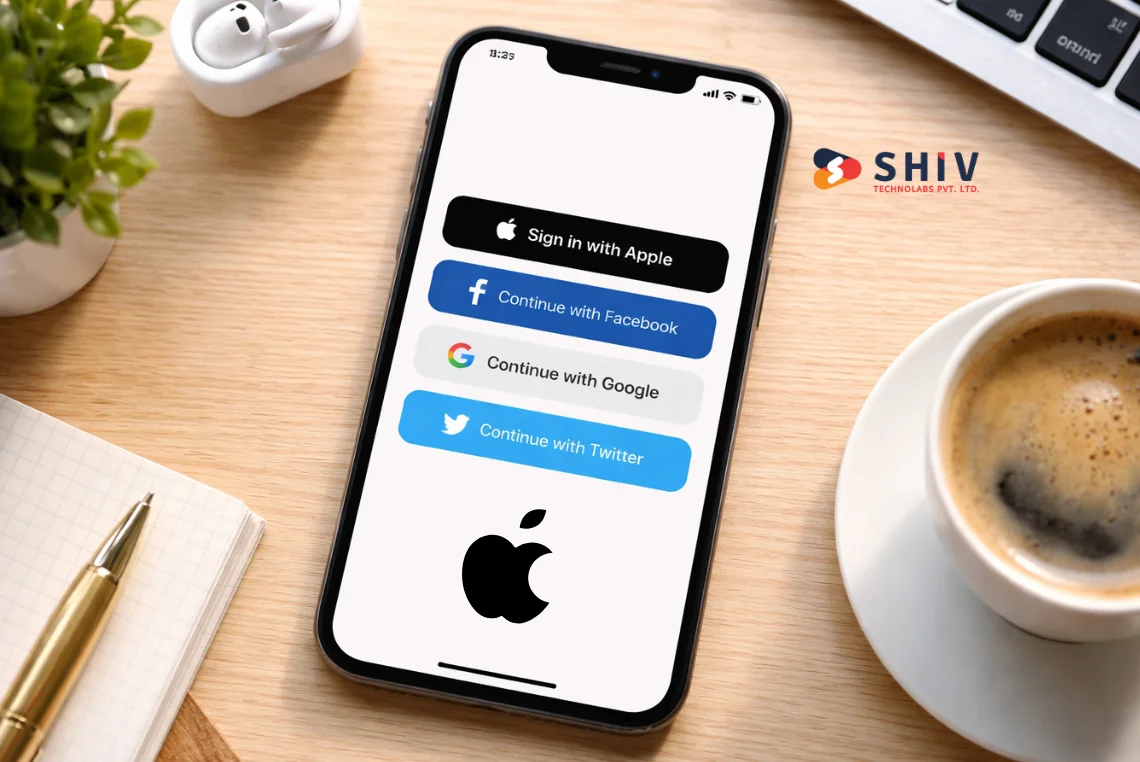Table of Contents
A real estate app is a digital platform designed to simplify the property transaction process. It allows users to search for properties, view detailed listings, connect with real estate agents, and even complete transactions online. These apps can range from basic property listing platforms to advanced solutions featuring virtual tours, AI-powered property recommendations, mortgage calculators, market analysis tools, and neighborhood insights.
Real estate apps like Zillow, Realtor.com, and Redfin have transformed the real estate industry by providing a convenient and efficient way for users to buy, sell, and rent properties. They also offer real estate agents and brokers a powerful tool to manage their listings, communicate with clients, and close deals faster.
Types of Real Estate Apps
# Property Listing Apps
These apps allow users to search and browse property listings. They typically include filters for location, price, property type, and other criteria to help users find their ideal property.
# Real Estate Agent Apps
These apps are designed for real estate professionals to manage their listings, schedule viewings, and communicate with clients. They often include CRM (Customer Relationship Management) features.
# Rental Apps
These apps focus on rental properties, helping landlords list their properties and tenants find rental homes. They may include features like rental payment processing and maintenance request management.
# Property Management Apps
These apps assist property managers in handling multiple properties, tracking maintenance requests, and managing tenant communications.
What Is the Typical Cost to Build a Real Estate App?

The cost of developing a real estate app in 2025 can vary widely based on factors such as the app’s complexity, the development team’s location, and the features included. On average, the development cost ranges from $30,000 to $150,000 or more. Below is a detailed cost breakdown for different development phases:
| Development Phase | Cost Estimate (USD) |
|---|---|
| Planning and Research | $5,000 – $10,000 |
| Design | $10,000 – $30,000 |
| Frontend Development | $15,000 – $40,000 |
| Backend Development | $20,000 – $50,000 |
| Testing and Quality Assurance | $5,000 – $15,000 |
| Deployment and Launch | $2,000 – $5,000 |
| Maintenance and Updates | $1,000 – $5,000 per month |
Real Estate app development cost breakdown
# Planning and Research
This phase involves understanding the market, defining the app’s purpose, identifying target users, and outlining the key features. It typically costs between $5,000 and $10,000.
# Design
Designing a user-friendly and visually appealing interface is crucial for any app. This phase includes creating wireframes, prototypes, and the final UI/UX design. The cost ranges from $10,000 to $30,000.
# Frontend Development
This involves coding the app’s user interface and ensuring it works smoothly on various devices and screen sizes. Depending on the complexity, it can cost between $15,000 and $40,000.
# Backend Development
The backend is the server-side part of the app, handling data storage, user authentication, and business logic. This phase is often the most expensive, ranging from $20,000 to $50,000.
# Testing and Quality Assurance
Rigorous testing is essential to ensure the app is bug-free and provides a smooth user experience. This phase costs between $5,000 and $15,000.
# Deployment and Launch
Deploying the app to app stores and ensuring a smooth launch involves additional costs, typically between $2,000 and $5,000.
# Maintenance and Updates
Post-launch, the app will require regular updates and maintenance to fix bugs, add new features, and ensure compatibility with new OS versions. Monthly costs can range from $1,000 to $5,000.
Also Read:- Mobile App Development Costs: Development & Maintenance
What Factors Influence the Cost of Building a Real Estate App?
1. App Features and Complexity
The number and complexity of features directly impact the development cost. Basic features include property listings, search functionality, and user authentication. Advanced features like AI-powered recommendations, 3D virtual tours, and integrated payment gateways increase the cost.
2. Design Requirements
A sophisticated and user-friendly design requires more resources. Custom designs tailored to provide an exceptional user experience will increase the overall cost. Investing in a high-quality design is crucial, as it significantly affects user engagement and satisfaction.
3. Development Team’s Location
The cost of hiring developers varies based on their geographical location. Developers in regions like North America and Western Europe generally charge higher rates compared to those in Eastern Europe, India, or Southeast Asia. Here’s a comparison of hourly rates:
| Region | Hourly Rate (USD) |
|---|---|
| North America | $100 – $150 |
| Western Europe | $80 – $120 |
| Eastern Europe | $40 – $80 |
| India and Southeast Asia | $20 – $50 |
4. Technology Stack
The choice of technology stack (programming languages, frameworks, databases) affects the cost. Using cutting-edge technologies can be more expensive but may offer better performance, scalability, and future-proofing.
5. Integration with Third-Party Services
Integrating third-party services such as MLS (Multiple Listing Service), payment gateways, and map services adds to the cost. These integrations require additional development and testing to ensure smooth operation.
6. Compliance and Security
Ensuring the app meets regulatory requirements and includes robust security measures is crucial, especially when dealing with financial transactions and personal data. This involves additional development efforts and costs.
Also Read:- Android App Development Cost: Complete Pricing Guide
How Long Does It Take To Build a Real Estate App?
The timeline for developing a real estate app depends on its complexity and the resources available. Here’s an estimated timeline for a typical real estate app:
| Development Phase | Estimated Duration |
|---|---|
| Planning and Research | 2 – 4 weeks |
| Design | 4 – 8 weeks |
| Frontend Development | 8 – 12 weeks |
| Backend Development | 8 – 12 weeks |
| Testing and Quality Assurance | 4 – 6 weeks |
| Deployment and Launch | 1 – 2 weeks |
| Total Estimated Time | 27 – 44 weeks |
# Factors Influencing App Development Time
Feature Set
The more features your app includes, the longer it will take to develop. Simple apps with basic functionalities can be built faster than complex apps with advanced features.
Team Size
A larger development team can complete the project faster. However, coordinating a large team can also introduce challenges.
Development Methodology
Agile methodologies allow for faster development and iterative improvements, while traditional waterfall methodologies may take longer but offer a more structured approach.
Experience and Expertise
An experienced development team can work more efficiently and overcome challenges quicker, reducing the overall development time.
# How to Successfully Grow Your Real Estate App?
1. Focus on User Experience
Creating an app that is easy to navigate and visually appealing will attract more users. Invest in high-quality design and usability testing. Ensure the app provides a smooth and intuitive user experience, with features that meet users’ needs.
2. Marketing and Promotion
Implement a strong marketing strategy to reach your target audience. Utilize social media, content marketing, and partnerships with real estate agencies. Consider running promotions, ads, and influencer partnerships to increase visibility.
3. Regular Updates and Improvements
Continuously gather user feedback and update the app to meet their needs. Regularly adding new features and fixing bugs will keep users engaged. An active update schedule shows users that the app is well-maintained and reliable.
4. SEO and ASO
Optimize your app for search engines (SEO) and app stores (ASO) to increase visibility and attract more users. Use relevant keywords, high-quality descriptions, and attractive screenshots to improve your app’s ranking.
5. Customer Support
Provide excellent customer support to assist users with any issues they may encounter. Prompt and helpful support can enhance user satisfaction and retention. Consider offering multiple support channels, such as live chat, email, and phone support.
# What Are the Risks and Challenges of Building a Real Estate App?
1. High Competition
The real estate app market is highly competitive. Standing out requires significant investment in features, design, and marketing. Conduct thorough market research to identify gaps and opportunities.
2. Regulatory Compliance
Adhering to regulations in different regions can be complex. Ensure your app complies with all necessary legal requirements to avoid penalties. This includes data privacy laws, consumer protection regulations, and financial transaction standards.
3. Data Security
Protecting user data is crucial. Implement robust security measures to safeguard personal and financial information. Regular security audits, encryption, and secure coding practices are essential.
4. Technical Challenges
Developing and maintaining a complex app can present various technical challenges. Ensure your development team is skilled and experienced. Be prepared to address issues related to performance, scalability, and compatibility with different devices and platforms.
5. User Acquisition and Retention
Attracting and retaining users requires continuous effort and investment. Providing a unique value proposition and maintaining high user satisfaction is key. Implement retention strategies such as loyalty programs, personalized content, and regular updates.
Wrapping Up
Building a real estate app involves significant investment, both in terms of time and money. However, with careful planning and execution, it can be a lucrative venture. The cost to develop a real estate app in 2025 ranges from $30,000 to $150,000 or more, depending on various factors such as app features, design, and development team’s location. By focusing on user experience, implementing a strong marketing strategy, and addressing potential challenges, you can successfully grow your real estate app and achieve your business goals.
Developing a real estate app is a complex but rewarding process. By understanding the costs involved and the factors that influence them, you can better plan your project and budget effectively. Remember, the key to a successful app lies in its ability to meet user needs and provide a smooth and secure experience.
In conclusion, while the cost of developing a real estate app may seem high, the potential returns in terms of user engagement, revenue generation, and market penetration make it a worthwhile investment. Partnering with a reliable mobile app development company like Shiv Technolabs can ensure your project is handled by experienced professionals who will deliver a high-quality product. With the right approach and a dedicated development team, your real estate app can become a valuable asset in the competitive real estate market.





















